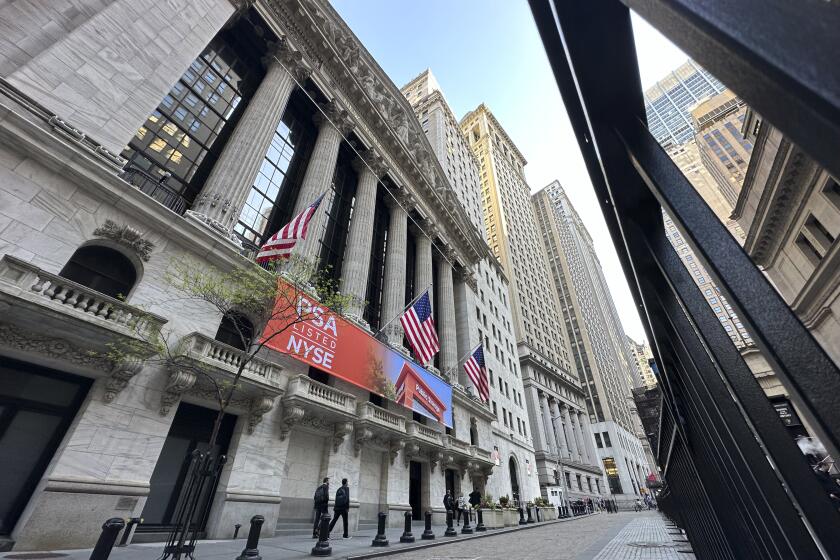U.S. Probe Into Stock Options May Widen
More than 2,200 U.S. companies may have manipulated the timing of stock option grants to executives between 1996 and 2005, said a study by researchers whose work set off the current wave of federal investigations.
The study, released Saturday, found that 23% of all option grants from 1996 to Aug. 29, 2002, when the U.S. Securities and Exchange Commission tightened reporting regulations, were backdated or timed to coincide with low share prices. That would enrich executives by creating a built-in profit on options. Since the new SEC rules were implemented, the study said, about 10% of grants were manipulated.
The findings might expand the biggest U.S. investigation of corporate wrongdoing since the probe into improper mutual-fund trading three years ago resulted in $4.3 billion in penalties.
The study was conducted by Randall Heron at Indiana University’s Kelley School of Business, and Erik Lie of University of Iowa’s Henry B. Tippie College of Business.
“I’m a little surprised that it’s this high,” Lie said. “A lot of people did it for the longest time, and thought that others were also doing it, which made it acceptable.”
The authors examined 7,774 companies and 39,888 stock option grants dated between Jan. 1, 1996, and Dec. 1, 2005.
Regulators and companies are examining whether executives at more than 60 U.S. companies inflated the profits executives could receive from stock options by either backdating or timing the grants to coincide with days when the stock price was low, or ahead of good news expected to drive up the company’s shares.
On Thursday, the U.S. attorney in San Francisco created a task force to investigate companies that may have committed fraud by altering the grant date of stock options.
Lie and Heron gained attention this year after the Wall Street Journal reported on the findings of their first paper on stock option grants.






